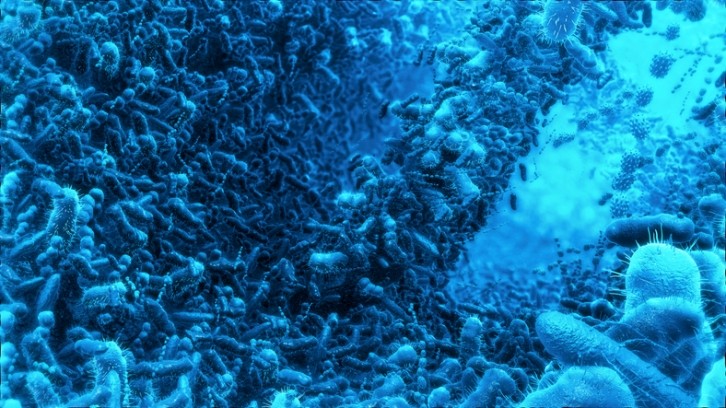Probiotic blend reduces hair-loss through gut-skin axis: Study

The study conducted by biotech company Darwin Bioprospecting Excellence and published in the journal Nutrients, assessed the effect of a probiotic blend of Lactiplantibacillus strains comprising L. plantarum DCn_07, L. plantarum DCn_06, and L. pentosus DCn1_05 or placebo on 136 individuals with AGA over 16 weeks.
The probiotic-treated group exhibited a significantly higher abundance of Lactobacillus and demonstrated a notable reduction in hair shedding, as well as an increase in hair growth.
Results “emphasize the importance of gut lactobacilli in the treatment of alopecia” according to the authors from Spain.
Hair growth
Hair follicles grow in cycles, undergoing distinct phases: anagen (growth), catagen (transition), telogen (shedding), and exogen (atrophy).
AGA represents the most common form of hair loss, affecting approximately 80% of men and 50% of women. Genetic and hormonal factors primarily influence it, particularly the conversion of testosterone to dihydrotestosterone (DHT), which leads to follicle miniaturization.
Common hair loss treatments include pharmacological options like finasteride and minoxidil, however, emerging research suggests a potential role for probiotics in supporting hair health by improving intestinal microbiota balance.
As recent studies have shown a clear relationship between probiotics and skin-related conditions, the authors of this new research hypothesised oral probiotics may present promise as a new therapeutic approach for hair health through the gut–skin axis.
Probiotics for hair loss
Researchers enrolled participants (62 men and 74 women, aged 18–65 years) in a double-blind, parallel-group clinical trial, where they took either the probiotic blend provided by Darwin Bioprospecting Excellence, or a placebo daily for the duration of the study.
Researchers conducted assessments before and after the intervention period to measure was the difference in the number of hairs per square centimete, as well as number of relevant hairs per square centimeter, hair length, hair thickness, comparative manual trichograms, scalp sebum measurement, comparative scalp photographs, and metagenomic analysis of the intestinal microbiota.
At the conclusion of the study, results showed a notable decline in the number of telogen hairs in the probiotic group, while hair thickness decreased in the placebo group.
In the probiotic-treated group, individuals aged less than 37.5 years exhibited a reduction in the number and density of telogen hair and an increase in hair length.
The researchers also noted a notable decline in the number and density of vellus hair, and this was accompanied by no change in the hair thickness.
The authors hypothesised that probiotic worked by not consuming biotin (vitamin B7), which is largely dependent on bacterial production, and is an essential nutrient for skin health. Its deficiency is closely associated with hair loss.
This allowed it to colonize the intestine and outcompete biotin-consuming bacteria, which would increase the bioavailability of biotin, both from intestinal production and dietary intake, which several studies found improves hair growth.
Journal: Nutrients
“Randomized Clinical Trial to Evaluate the Effect of Probiotic Intake on Androgenic Alopecia.”
doi: https://doi.org/10.3390/nu16172900
Authors: Alejandro García-Navarro, et al.











